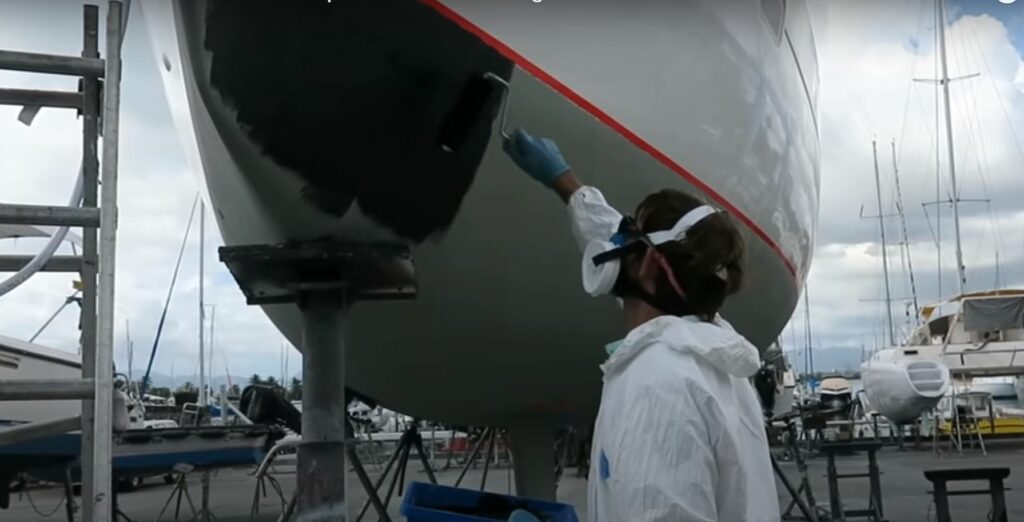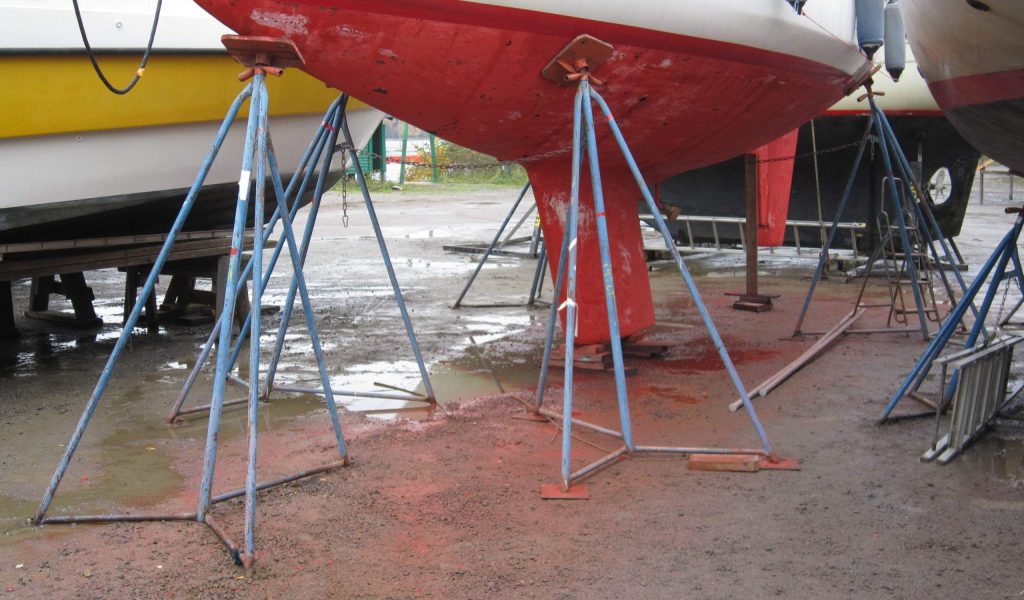Let's work together to protect our waters and coastlines!
Some figures on pollution caused by anti-fouling paints:
100 000 tonnes of antifouling paint are sold worldwide every year.
15 grams of biocides are present per square metre of antifouling paint applied to a hull.
10 000 m³ of water are polluted by a single gram of biocide.
99% of submerged boat hulls were covered with antifouling paint in 2019.
Anti-fouling paints and their future

Regardless of their type (erodible, hard or mixed matrix), anti-fouling paints inevitably degrade and release their components into the water.
Some of these components are harmful to the environment: biocides, solvents and additives are just some of the products (non-exhaustive list) used in the composition of antifouling paints.
Fortunately, manufacturing standards for antifouling paints have been tightened in recent years.
The European Parliament has announced a total ban on toxic components in anti-fouling paints in the coming years.
Some manufacturers of these paints have already anticipated this ban by recently marketing products containing fewer biocides. They are well aware that these paints are less effective and that, when using them, boat owners will have to clean their hulls regularly ‘mechanically’ (by hand or in a machine).
In Sweden, anti-fouling paints are already banned in part of the country.

A hull cleaned regularly using DELTA BOATWASH systems means:
- No more antifouling paint (an environmental strategy supported by the WWF, the Swedish Water Authority and numerous government and local agencies).
- Reduced fuel consumption for boats.
- Reduced consumption of fresh water needed to clean hulls.
- A healthier working environment for people carrying out hull maintenance (as there is no more exposure to toxic fumes and dust from antifouling paint).
- The disposal and appropriate treatment of waste generated by antifouling paint residues pending the widespread adoption of mechanical hull maintenance by recreational boaters and maritime professionals (as is already the case in several Swedish marinas).
